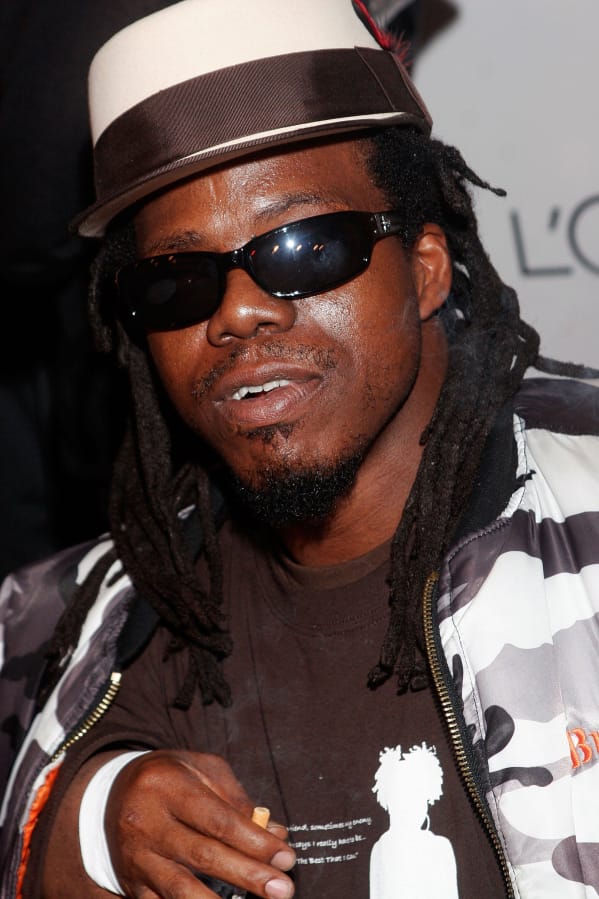Bushwick Bill terrified a vice president’s wife into regulating song lyrics, released album art of himself bleeding on a gurney with a gunshot wound to the eye, and helped put Houston into the global hip-hop archipelago.
The 52-year-old rapper, born Richard Stephen Shaw, died June 9 in Colorado, according to representatives for Bill who spoke to the Associated Press. He had been diagnosed with Stage 4 pancreatic cancer.
The MC was one of hip-hop’s most colorful and charismatic figures, whose macabre lyricism in the group Geto Boys — imbued with horror-movie violence drawn from life in Houston’s rough Fifth Ward — laid the groundwork for transgressive rap scenes to come.
The rapper was born in Kingston, Jamaica, with a form of dwarfism (he stood roughly 3 feet, 8 inches). After spending his early life in the Bushwick neighborhood of Brooklyn, his family moved to Houston in the 1980s. He initially joined Geto Boys as a dancer billed as Little Billy but soon became its most recognizable MC from the group’s 1988 debut “Making Trouble” onward.



